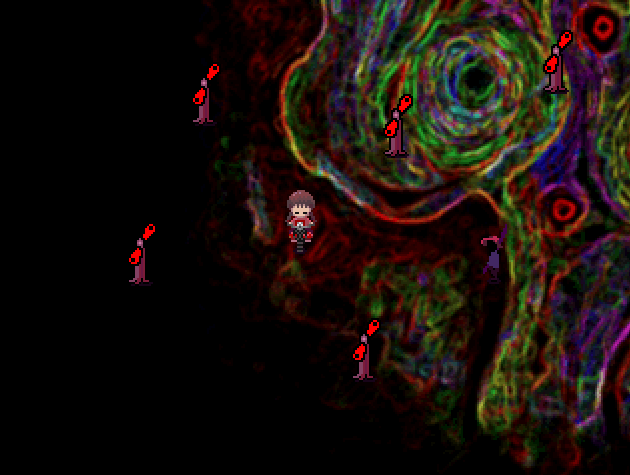Windmill World(THE MONADOLOGY)
1. Matter and Thought
Most of Leibniz's arguments against materialism are directly aimed at the thesis that perception and consciousness can be given mechanical (i.e. physical) explanations. His position is that perception and consciousness cannot possibly be explained mechanically, and, hence, could not be physical processes. His most famous argument against the possibility of materialism is found in section 17 of theMonadology (1714):
The thought experiment of the windmill by Leibniz
One is obliged to admit that perception and what depends upon it is inexplicable on mechanical principles, that is, by figures and motions. In imagining that there is a machine whose construction would enable it to think, to sense, and to have perception, one could conceive it enlarged while retaining the same proportions, so that one could enter into it, just like into a windmill. Supposing this, one should, when visiting within it, find only parts pushing one another, and never anything by which to explain a perception. Thus it is in the simple substance, and not in the composite or in the machine, that one must look for perception.
Mado(THE MONADOLOGY)
http://yumenikki.wikia.com/wiki/Madotsuki(name)#Mado.28THE_MONADOLOGY.29
Windmill World(Philosophical Zombie)
A philosophical zombie or p-zombie in the philosophy of mind and perception is a hypothetical being that is indistinguishable from a normal human being except in that it lacks conscious experience, qualia, or sentience.[1] When a zombie is poked with a sharp object, for example, it does not feel any pain though it behaves exactly as if it does feel pain (it may say "ouch" and recoil from the stimulus, or tell us that it is in intense pain).


